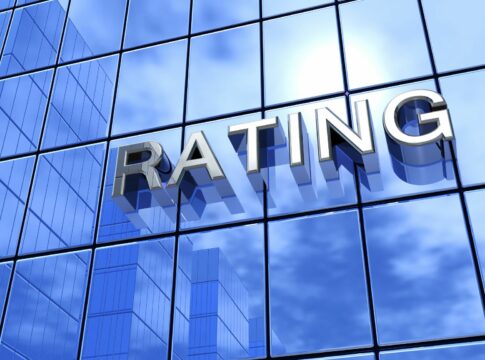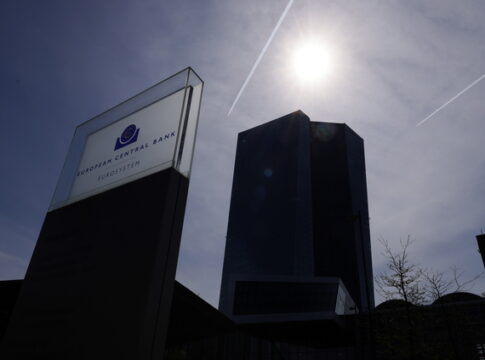Credit rating agencies and citizens’ eyes are turned to the upcoming government’s statements that will determine their next steps. The statements will concern reforms, higher growth rates, investments and fiscal issues that will be the basic criteria for the acquisition of the investment grade status.
The recovery of the investment grade will mean, among other things, the end of a painful period for the Greek economy. Bank of Greece (BoG) governor, Yannis Stournaras, recently said to Bloomberg agency that after the government statements, it is a matter of weeks or days to obtain the investment grade. Moreover, the first meeting of Finance Minister Finance Kostis Hatzidakis with Stournaras to be held on Tuesday will focus on the banking system.
According to the latest BoG report, the bond market seems to have already discounted the upgrade of Greece’s credit rating to investment grade status, so the impact of the acquisition of investment grade will be rather limited.
The first rating is on August 4 by the German Scope Ratings, which is however not yet recognized by the European Central Bank. Nevertheless, it has already started the process required to join the “club” of rating agencies recognized by the ECB.
The next critical date is September 8, as the rating by DBRS will be announced, which is recognized by the ECB and has affirmed Greece at BB (high), with a positive outlook.
Moody’s rating will be announced in mid-September, which however ranks Greece three levels below investment grade. According to sources, this will occur during the last quarter of the year, without excluding the possibility of doing it earlier.
The second rating by Standard & Poor’s is expected on October 20, a date which mainly foreign analysts consider as the most likely for the recovery of investment grade by Greece. The last rating for this year is Fitch’s on December 1.














